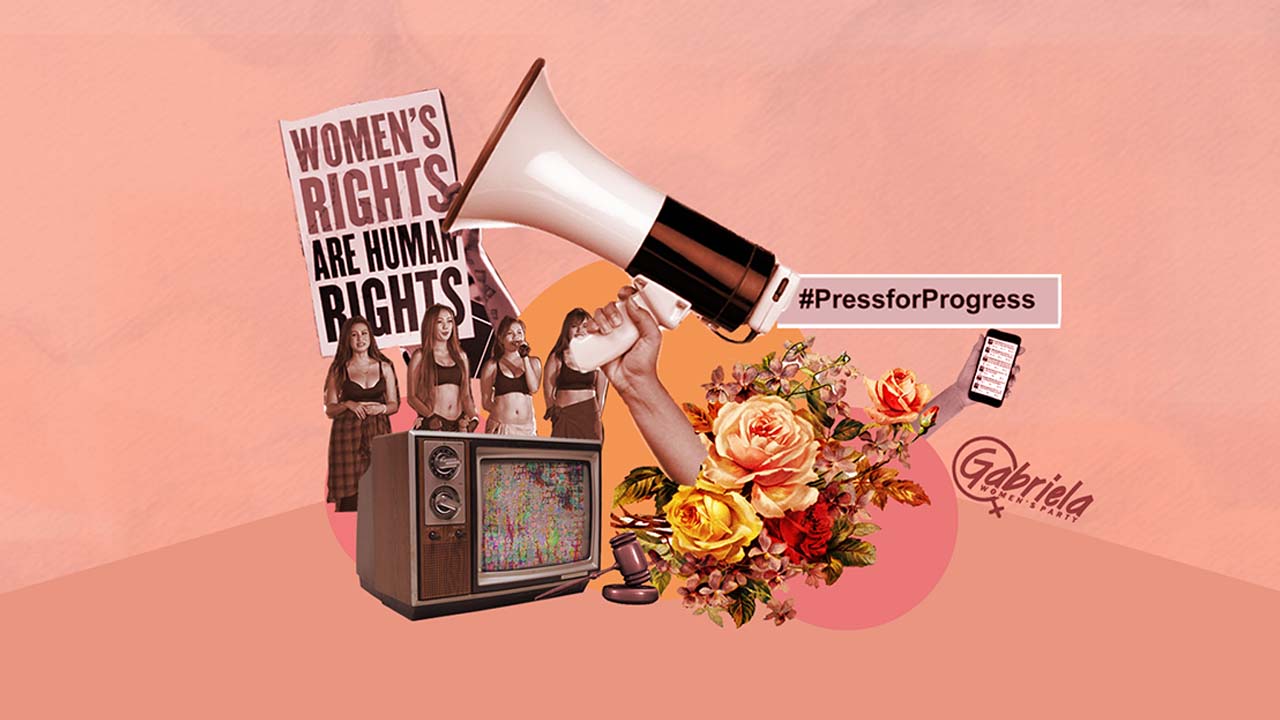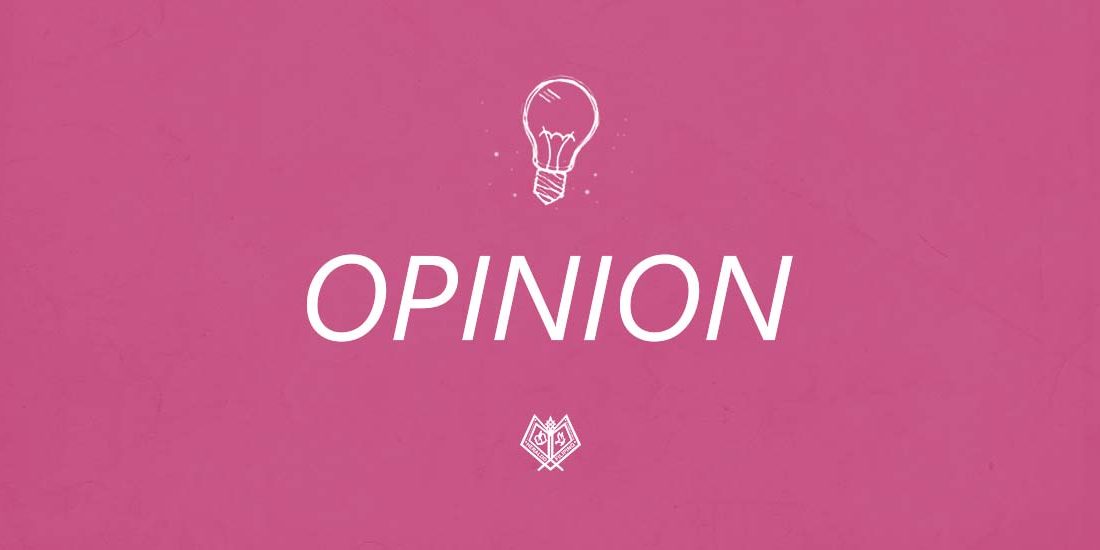International Women’s Day: The call for all
Today marks the celebration of International Women’s Day, a day to call for equality and celebrate women’s achievements around the world. With the global awakening from #MeToo and #TimesUp, this year’s theme of #PressForProgress is reminiscent of the movements that opened the conversation of sexual harassment and abuse in Hollywood, eventually trickling down to the lives of everyday women who have kept quiet about their sexual abuse. The era of the silence-breakers has come, and the momentum for speaking one’s truth is stronger than ever around the globe. Yet on a national level, the Philippines has a long way to go before joining the conversation, especially since we haven’t even started one in the first place.
Ranked the “most gender equal country in Asia” in terms of politics and economics in the Global Gender Gap report released by the World Economic Forum in 2017, The Philippines has also been dubbed at an advantage in educational opportunities for girls and workplace gender ratio. However numbers and data can only go so far in defining what it means to achieve genuine gender equality.
The Philippines has a long way to go before joining the conversation, especially since we haven’t even started one in the first place.
Because even so, there is still the lack of woman-to-woman acceptance coming from Filipinas themselves, as ingrained misogyny has made slut-shaming and the tearing each other down a concept all too familiar among Filipinas. Just earlier this month, local talent show Pilipinas Got Talent sparked a debate when female contestants called the Playgirls performed a “carwash dance” clad in revealing outfits. Being one of the judges, long-time feminist Angel Locsin quickly buzzed out the performers, stating that she did not want them to be objectified by men, “Kaya ko kayo binuzz, ayaw kong ma-objectify kayo. Masyado ako nagmamalasakit para sa inyo para i-go ko ‘to.” Despite her good intention, Locsin was bashed online, yet she tweeted a powerful line in defense of others deeming her remarks as slut-shaming, “There is no such thing as a ‘slut’ or a ‘non-slut.’ There are WOMEN.” Women came to defend Locsin, yet an equal amount came to attack her, pointing out that she wore a similar revealing outfit during her portrayal of Filipina superwoman Darna.
Locsin’s stand mirrors the #MeToo movement that have long been discussed around the world, but never this close to home.
Although the #MeToo conversation has yet to be fully realized in the Philippines, we must also take time to see the steps that have it slowly come into fruition. A large portion of this comes from the sexual harassment allegations against local indie bands in October of 2017, when artists such as Jensen and the Flips and Sud were called out online for sexual misconduct. Serving as a tiny flare that sparked a national youth debate, the mission of #MeToo is realized through the tidal waves a thread on Twitter caused in opening the conversation.
The conversation can also be drawn from the government, with tolerance for sexual misconduct rooting from the commander in chief himself. From his rape joke on a deceased woman back in 2016 during his campaign trail, Duterte’s “dapat ang mayor muna ang mauna.” remark awakened the conversation— both for good and bad. Pools of his supporters stood by the then-candidate’s side to defend he was only joking. Though he later apologized and clarified he was only kidding, the motion has been set for a campaign— and presidency— full of attacks against women. Former senator Leila de Lima, senator Risa Hontiveros, Rappler CEO Maria Ressa, and just recently Chief Justice Maria Lourdes Sereno are just a few of the women that have felt the reign of the current administration when it comes blatantly bringing down women in positions of power. In a country where even those on top have low perception of women, the challenge of upholding gender equality is one we must accept as citizens.
Not to say that Filipinas haven’t been making steps to uplift gender equality as well, as organizations such as Gabriela Women’s Party, the Center for Women’s Rights, and Empower.PH have taken stands to advocate pro-women issues and lobby laws that push for women’s rights. But we shouldn’t take a seat back and stop there, as it’s through what we fail to listen to that reaps the larger consequences. We must remember that conversation is healthy, as it opens Filipinos’ minds to what can be, not what is already generally accepted. If we just have the courage to unlearn what has been ingrained in our psyche, this is where male and LGBT allies can start to listen to women.
It’s through what we fail to listen to that reaps the larger consequences.
As the International Women’s Day website puts it, “We’re one drop but together we’re an ocean.” The fundamental truth is that feminism is not only equality for women, but equality for all. The sooner we realize this, the sooner we can freely start to be comfortable speaking about gender equality and hear what women have to say. The Philippines must live up to the title of “most gender equal country in Asia”, not through ranking, but in how we contribute to the conversation on women empowerment.
We have a long way to go, but it is not too late for us to step up for women who have been silenced for way too long— to drop desensitized views on women and let them be a part of the conversation the nation has been keeping in for so long.
This International Women’s Day, it’s time to listen.



